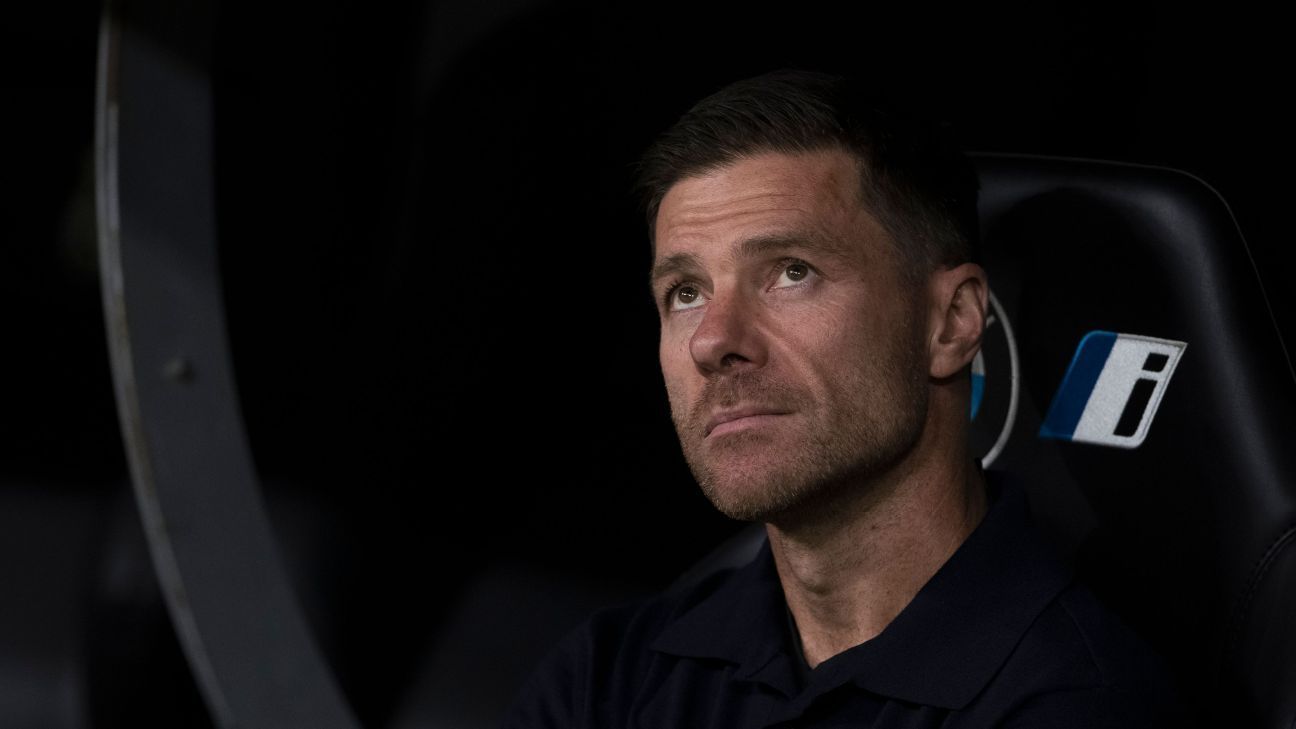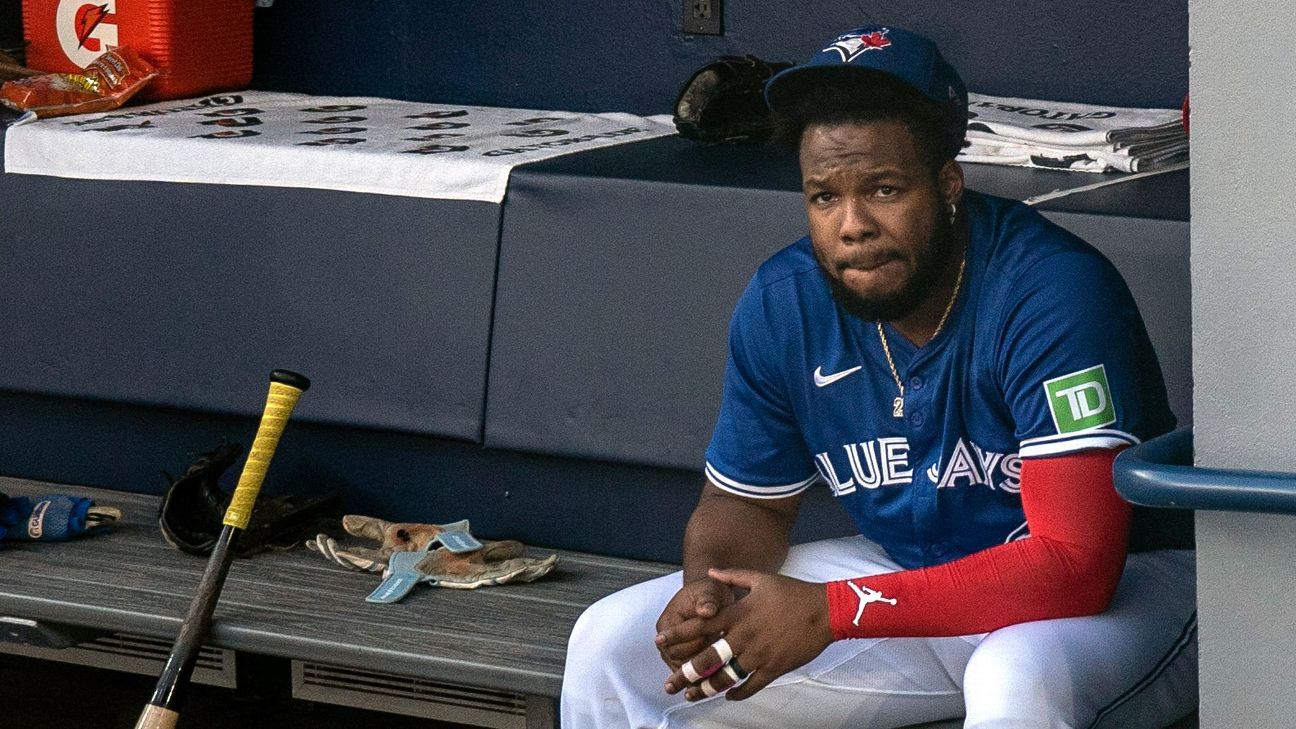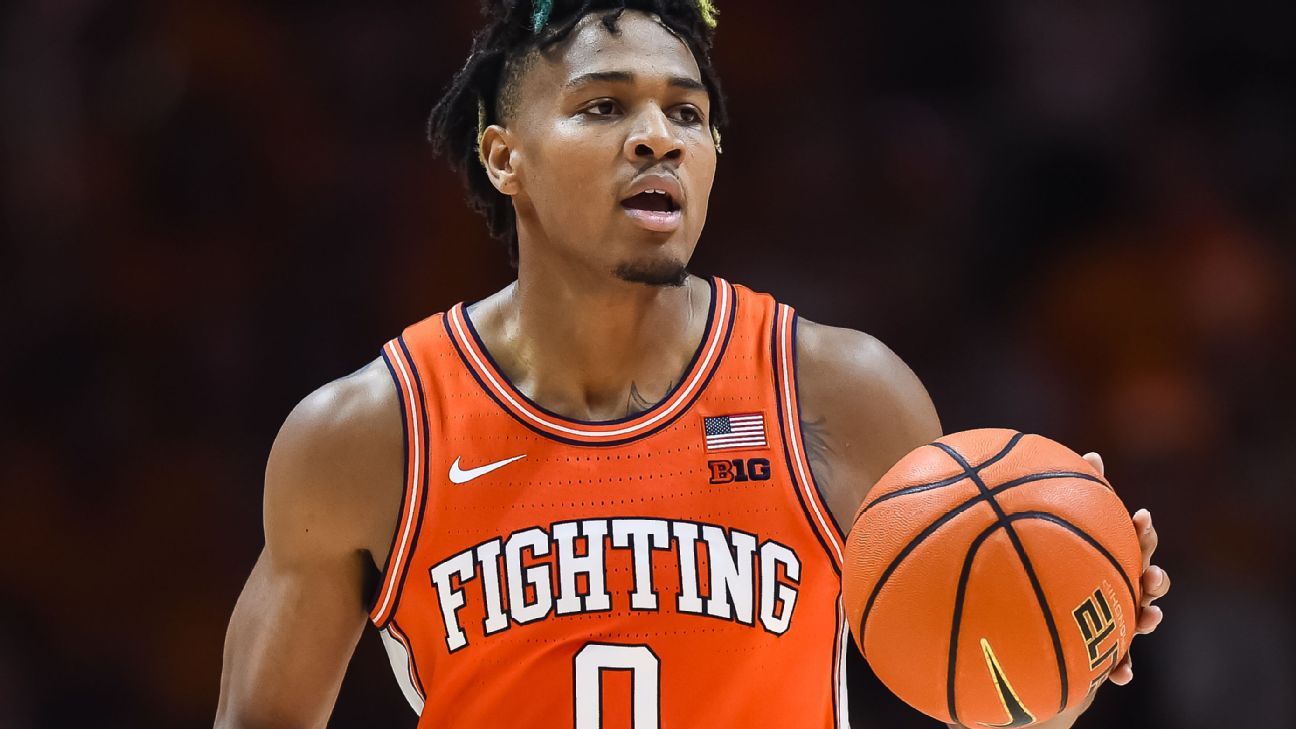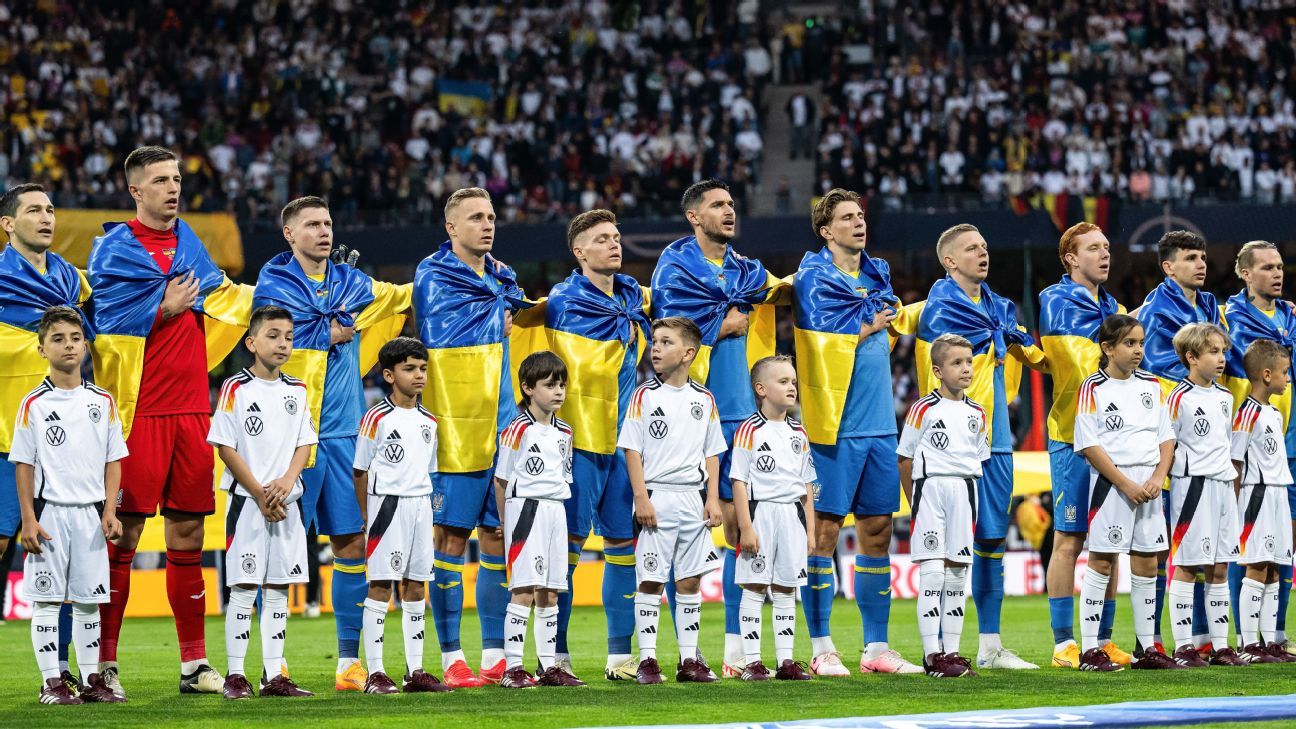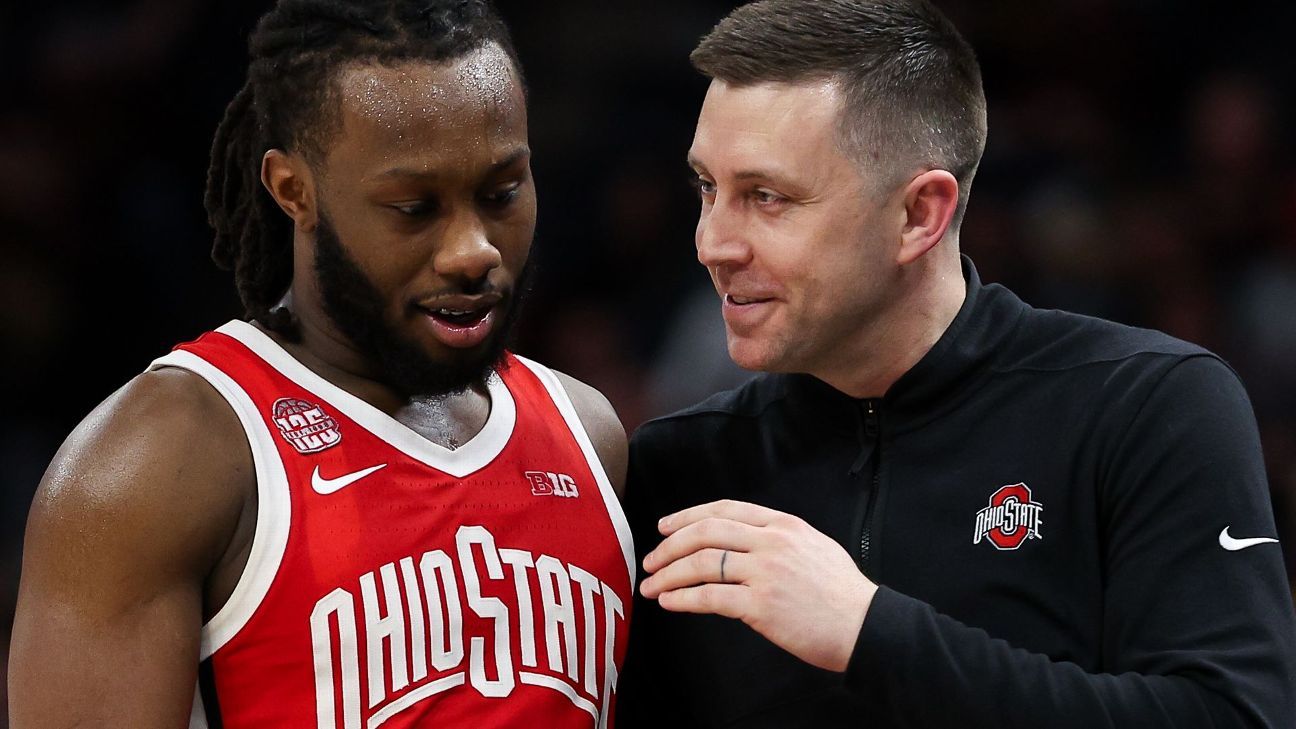With Real Madrid top of LaLiga and comfortably inside the crucial top eight positions of the UEFA Champions League ahead of their midweek match against Olympiacos, there should be no chance of their coach Xabi Alonso finding himself in a precarious position.
But sadly, this is the most political and ruthless club in world football and therefore it is. And he will know that it is.
Imminent job loss? No, absolutely not. But there are wolves at the door and someone in their club encourages them or allows them to growl.
In Sunday's 2-2 draw against newly promoted Elche, Madrid was outplayed, lost twice thanks to goals from the Madrid youth players (Aleix Febas and Álvaro Rodríguez) and only tied, later, thanks to a goal by Jude Bellingham that should have been disallowed for a foul by Vinícius Júnior on Elche goalkeeper Iñaki Peña. It was enough to send many Madrid watchers in the media into apoplectic fury.
That was partly because it meant three games without a win (Liverpool in the Champions League, Rayo Vallecano and now Eder Sarabia's daring and well-coached Elche domestically), partly because Alonso's team are not really playing convincingly and, inevitably, partly because Barcelona are on the back of Madrid's neck.
For the fiercest critics, it's a combustible element to add to this dry tinder mix that Alonso has analyzed (for the most part) in stubbornly optimistic and positive terms. The recently turned 44-year-old is absolutely right in pointing out that: his is a work in progress, that there have been positive points and, above all, that on Sunday, The Whites They fought fiercely to ensure that they did not lose.
In this (almost) midterm summary of where he stands, that element of fighting spirit is far from unimportant. Partly because, at the moment, there isn't much to get excited about.
But, beyond those three unpleasant results, this is what Alonso must be worried about ahead of Wednesday's test in Athens, at least worried in terms of how he is seen and the criticism he has been receiving from the media for a couple of weeks.
There is a consistent phraseology in all his criticism in the written and television media: either that he is suffering a “disconnection” with his players or that he is failing to make them understand what he wants from them tactically.
To give an example: Tomás Roncero works for the sports newspaper Diario AS and a couple of media outlets, radio and television. Not only is he famous, but he is also famous for his support of Real Madrid. He would consider himself a self-proclaimed fan of the club, beyond an entertainer, because he is definitely kept informed by important sources, but rather “a fan with a typewriter”, as he used to say.
On Sunday night, after Bellingham's goal brought the league leaders to an unworthy draw, Roncero was asked how worried he was on a scale of 1-10.
“At four… because I want to believe that Alonso will change things. What I want to say is that I am not sure that he is connecting with the players, because if isit would be terrible to see them so apathetic and lacking in spirit. They have only proven their worth when they have been cornered.
“I want to believe that at some point Xabi Alonso will connect with them again, which I don't think he is doing now. But Yeah What happened today was repeated in Athens on Wednesday and Montilivi (vs. Girona, Stream LIVE Sunday at 3 pm ET on ESPN+), then it will be a 9.5 out of 10, not a four.”
If you are not connected to the Madrid media, or if you simply do not speak Spanish, then believe me: this is not simply the general tone of what happens on radio and television, but rather it is rather friendly.
A series of headlines in Marca (Spain's best-selling written publication) include “Madrid is suffering!” Furthermore, “Madrid has forgotten how to win!” or, more menacingly, “That performance 'hurts' Alonso!” and “Alonso is starting to lose control of this!”
The elephant in the room is the relationship between Vinícius Júnior and Alonso. When he was substituted against Barcelona, the Brazil international reacted with fury and shouted: “That's why I'm leaving the club.”
Once the heat of that incident had calmed down, a few days ago, José Félix Díaz published a front-page article, and backed it up with a long personal article in Diario AS, which said: “Renewing Vinícius' contract is an absolute necessity, everything included.”
A reassuring message for Vinícius, his representative and the fans, but a very clear dictate towards Alonso, who, at that time, had only deployed one of his biggest superstars for 904 of the 1,235 possible minutes of the League and 270 of the 380 possible minutes of the Champions League. So, when Vinícius was dropped for Sunday's game in Elche and then not brought on until the 57th minute, you will understand why there was surprise throughout the club.
There is no doubt that Alonso, a smart guy, will have made his team and tactical selection (Federico Valverde was also benched, plus there was a return to three at the back and full-backs) for solid training reasons. But even if he perceived that Vinícius absolutely needed rest and recovery before facing Olympiacos, he would have known that leaving the Brazilian on the bench, especially if victory was not achieved, would automatically be seen by many as a gesture of defiance and independence.
The truth is that the repeated media diagnosis of “misunderstanding”, “mistrust” and “lack of connection” between Alonso and some of his players, due to how widespread and indisputable it is, has to emanate from one or more of: the club, the training ground, the players' agents or be authorized by large intermediaries. It is inconceivable that so many who owe their lives to covering Madrid have written or broadcast what they have without encouragement or a wink or a nod of acquiescence.
1:37
Could Real Madrid really replace Xabi Alonso this season?
LaLiga and Real Madrid correspondent Alex Kirkland provides an update on the growing tension in the Real Madrid locker room between Xabi Alonso and Vinícius Júnior.
While Madrid prepares its match in the Greek capital against a Spanish coach, José Luis Mendilibar, who has had points deducted The Whites For Real Valladolid, Eibar and Osasuna, a couple of things remain in the background.
Madrid's preseasons, last summer and the year before, were brutally insufficient and Alonso's squad is suffering the hangover from them. And his long unbeaten streak and historic double-winning season at Bayer Leverkusen have prepared him for enormous expectation.
Just a few weeks ago I interviewed Alonso for UEFA. He was very clear that it would be useless to have a specific idea of how he wanted his Madrid team to play if he could not explain it and convince his new players well enough. He is neither dogmatic nor reckless.
A documentary will soon be released that will feature former teammates of his on the Spanish team (not automatically those one would expect to be well-disposed toward him) pointing out that, at Leverkusen, Alonso was tactically flexible and possessed Plans A, B and C. In fact, I spent several hours last week with another of Alonso's World Cup-winning teammates, who praised his intelligence, diligence and competence as a coach.
Part of the problem, I would say, is that Alonso has never been particularly concerned about making friends in the media. Respect me for who I am and what I do. It was his mantra as a player and it still is as a coach. There is no lobby working on your behalf, and that may be your Achilles heel.
Madrid, under the direction of president Florentino Pérez, has had no less than 10 coaches who lasted between three months and just under a year; The two most recent were Rafa Benítez and Julen Lopetegui. It still seems inconceivable and absurd that Alonso's position could be threatened even in the medium term, despite the wolves growling at his door.
The best medicine for what ails him and his staff would be to start winning again. Any old how. Starting against the Greek champions.

